
views
Moscow: Vladimir Putin is set to assume Russian Presidentship in 2012 for a record third term after the ruling United Russia party on Sunday nominated him for the powerful post, a move that could keep him in power through 2024 and turn him into country's longest-serving leader.
"I am grateful to (President) Dmitry Anatolyevich Medvedev and to the United Russia congress for nominating me and asking me to run for president of the Russian Federation," the 59-year-old Russian strongman said.
"Of course, I gratefully accept this offer, thank you," Putin added. Earlier, the chairman of United Russia party, Boris Gryzlov had announced that it had agreed to put forward the incumbent Prime Minister for the presidency.
Incumbent Dmitry Medvedev, who last September had agreed to not seek second term in office and swap the jobs with his powerful mentor, Putin, on Sunday became a 'lame duck' president after Putin's formal approval.
At its festive 12th conclave in the indoor Luzhniki stadium on Sunday through a secret ballot the all 614 delegates from United Russia and Putin's All-Russia People's Front movement unanimously voted for Putin's candidacy.
Observers here have little doubt in Putin's victory in the first round of the presidential poll on March 4, 2012, as all the present leaders on the Russian political stage are eclipsed by the dynamic personality of the ex-KGB colonel.
Proposing Putin's candidacy Medvedev described him as "the most popular, experienced and successful politician in modern Russia".
Putin's expected return could keep him in power through 2024 and turn him into Russia's longest-serving leader - as either premier or head of state - since the Soviet dictator Joseph Stalin.
The ruling United Russia party, which is being led by Medvedev to the next Sunday's State Duma (lower house of parliament) polls, seems to be little jittery as the forecasters ahead of the December 4 vote predict the loss of absolute majority of 315 seats in the 450-strong house enjoyed by it in the fifth Duma.
Both government funded VTsIOM and private Levada Centre pollsters have predicted around 53 percent votes for the ruling party and three opposition parties, including the Communist Party digging into its pie make their presence felt in the State Duma, which for last eight years had become Kremlin's rubber stamp to approve unpopular reforms of the medical and education system, ending Soviet era free facilities to the public.
Putin declared that Russia was democratic country and told the West to give up its futile attempts to finance marginal opposition in the country to fight the authorities.
"Representatives of certain foreign states are gathering those whom they are paying money, the so-called grant recipients, instructing them, advising them to do corresponding work with the final goal of influencing the course of the election campaign in our country. That is useless," he said and added, "Instead of throwing their money in the wind, they better pay their debts to end debt crisis (in the west)."
Keeping into account high anti-incumbency moods in the regions amid growing rich-poor divide, in his acceptance speech at the conclave Putin for the first time fiercely attacked Yeltsin-era, without directly naming the first post-Soviet president, for what he called 'unprecedented loot' of the country's wealth, 'stabbing the knife of civil war in the very heart of the country' (tank bombardment of parliament in October 1993) and 'unleashing a bloody war in the Caucasus' (Chechnya campaign) 'by those who came to power' after the Soviet collapse.
Putin pledged to solve the problem of social inequality and seek justice in the country for the common man.
"It is not the first time that Russia has set noble goals and achieved successes, uniting around particular values. These values are the truth, dignity and justice," Putin said.
He said it was necessary to respect the dignity of any person, seek the truth and do away with any injustice. "Today it is obvious that Russian citizens and society want the authorities to ensure justice. Every decision and every step must meet the interests of the absolute majority," he said.
Putin, who so far had been ignoring the opposition demand to tax the rich, also agreed that taxes in Russia should be diversified and proposed introducing a wealth tax.
"Taxes for common citizens should not be burdensome while luxury and over consumption should be taxed at a higher rate. This is an obvious fact," he said.











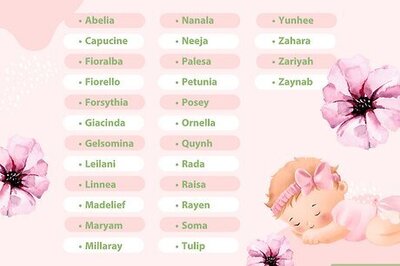
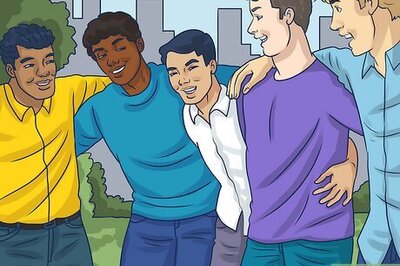

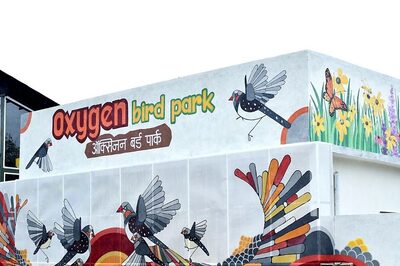
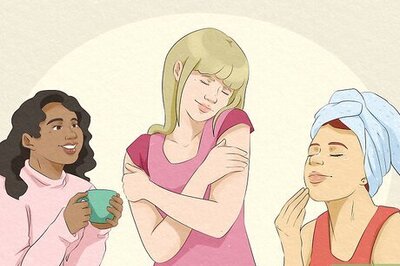


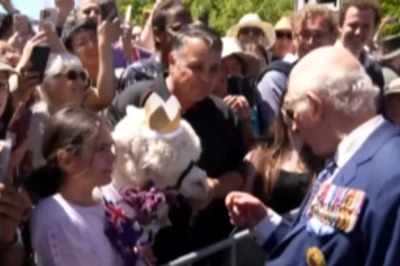
Comments
0 comment